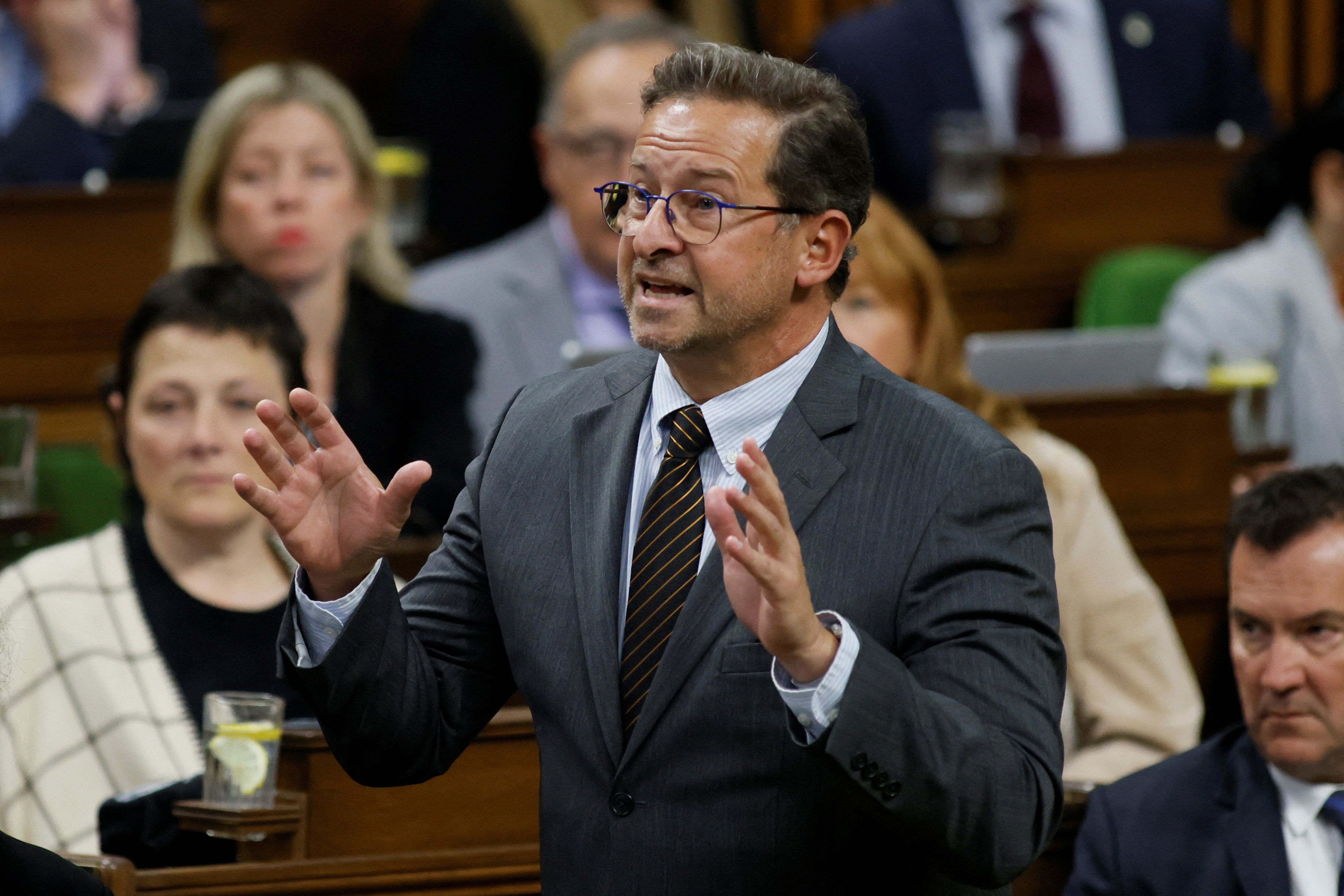The precarious nature of domestic politics in the Canadian House of Commons looks set to have implications for the mandated renegotiation of the Canada-US-Mexico trade agreement in 2026.
The governing Liberals need the support of the left-wing NDP or separatist Bloc Québecois to survive the barrage of no-confidence votes being brought forward by members of the opposition Conservative Party, who are ahead in the polls and want to send the country to an election.
The price the Bloc has put on its support are two pieces of legislation sponsored by its members – one, to increase old-age security payments for seniors aged 64-75, and two, a bill that would forbid Canada’s trade negotiators from making concessions on the country’s protected dairy, chicken, and egg sectors, known as supply management.
The latter was passed recently by all parties in the House of Commons, despite concerns about grocery prices. But it is currently being held up in the Senate, the unelected upper chamber. There are a number of senators who used to be senior diplomats and who point out that ring-fencing supply management, predominantly based in the eastern provinces of Ontario and Quebec, will inflame trading partners and tie the hands of trade negotiators, who will be forced to give ground in other agricultural sectors like beef, pork, and canola, which are all based in the West of Canada.
Veteran trade negotiators say making supply management untouchable would be a big mistake as we approach the renegotiation in two years, particularly if Donald Trump becomes president.
Supply management was a major irritant to the Americans in the 2017/18 negotiations, and Canada was forced to grant the US more access to its dairy market, in return for keeping the production and pricing control system in place. There are legitimate fears that this time the US will seek to kill supply management.
The unelected Canadian Senate can only obstruct the democratic will of the House of Commons for so long, and it seems inevitable the Bloc bill will pass into law.
Canada had expected the 2026 renegotiation to be a formality. But it had best not count its chickens.
